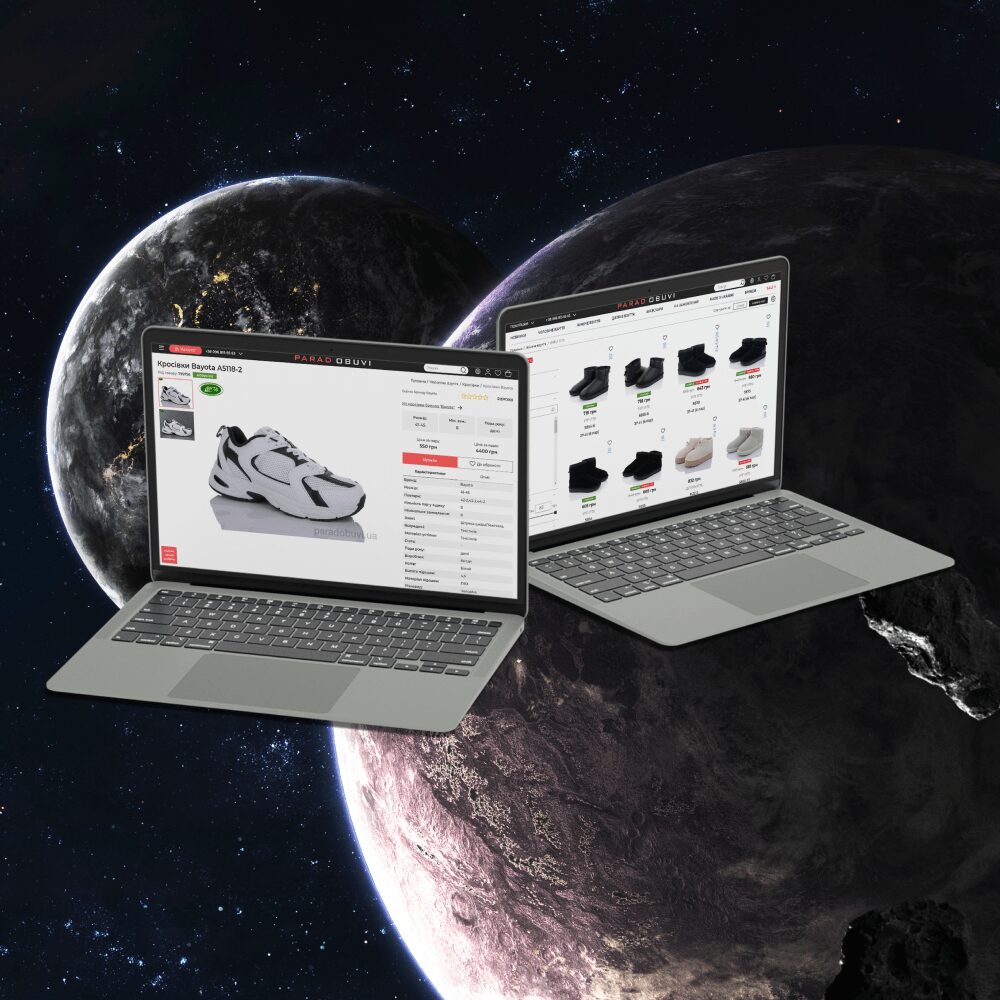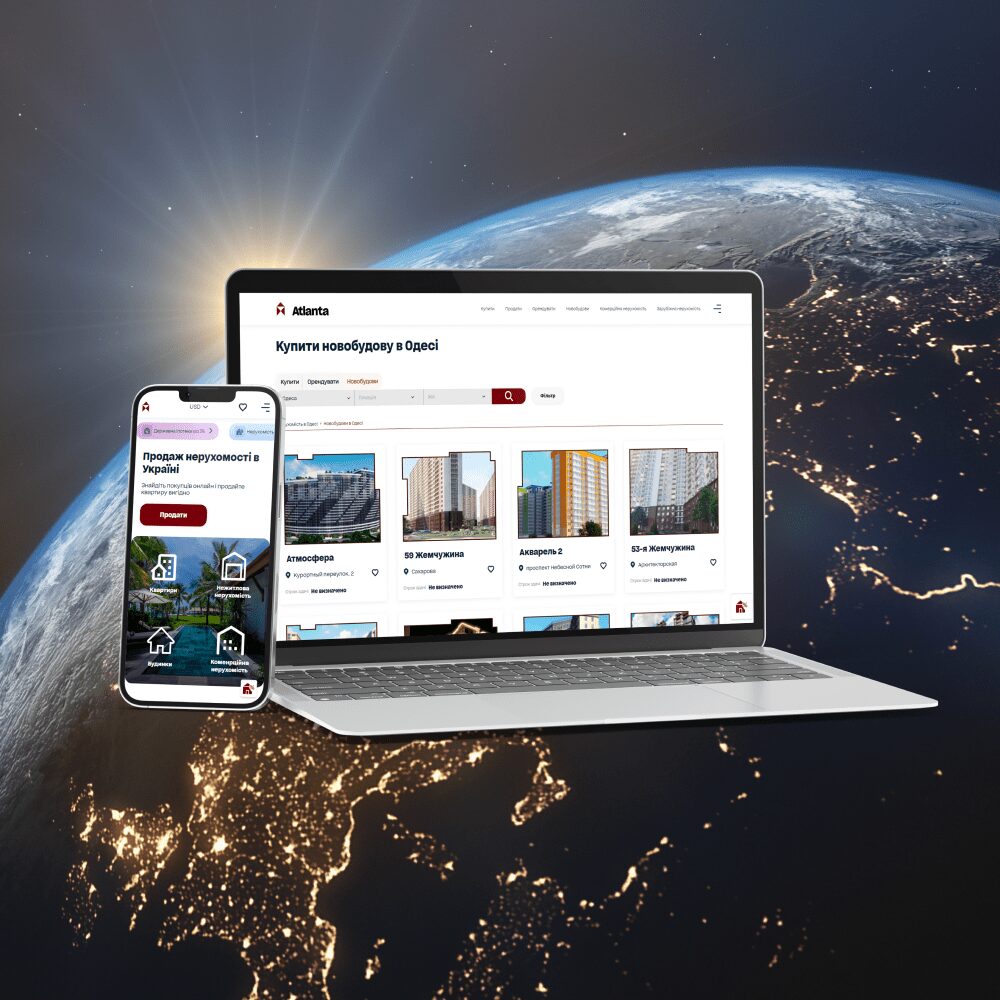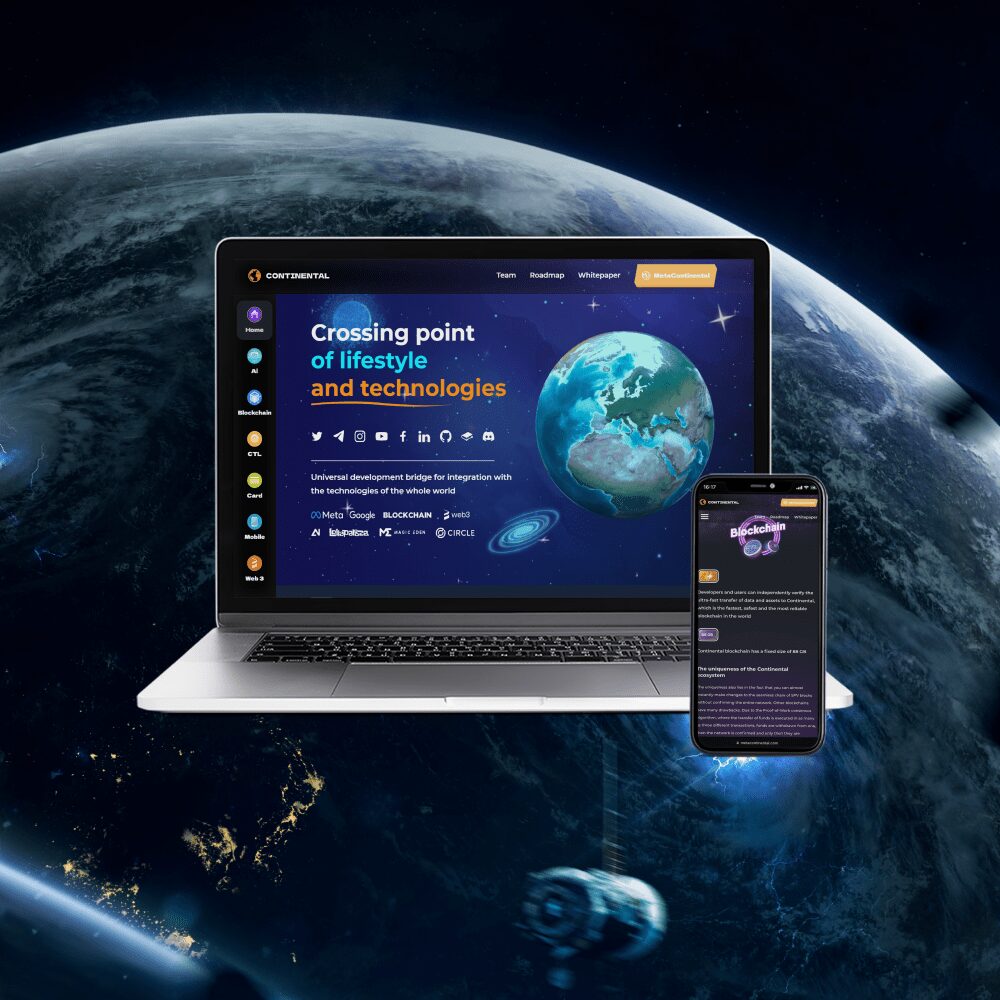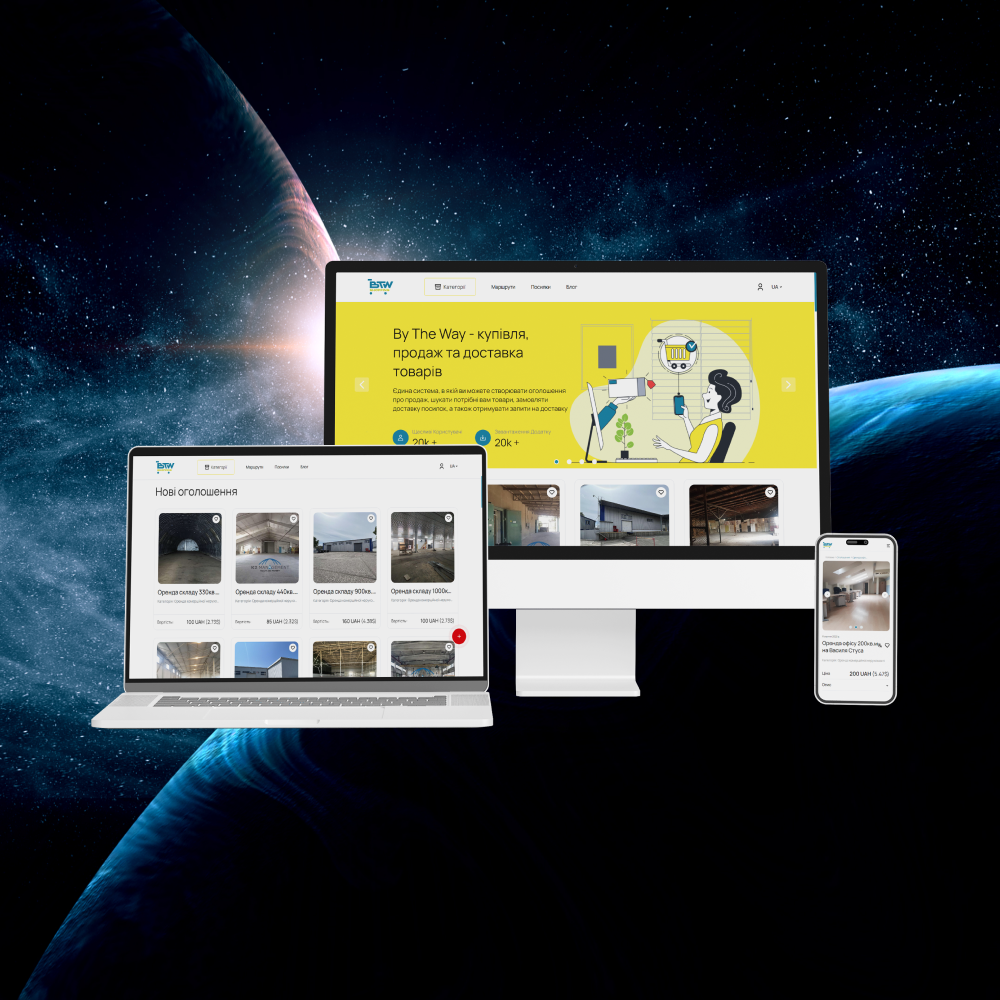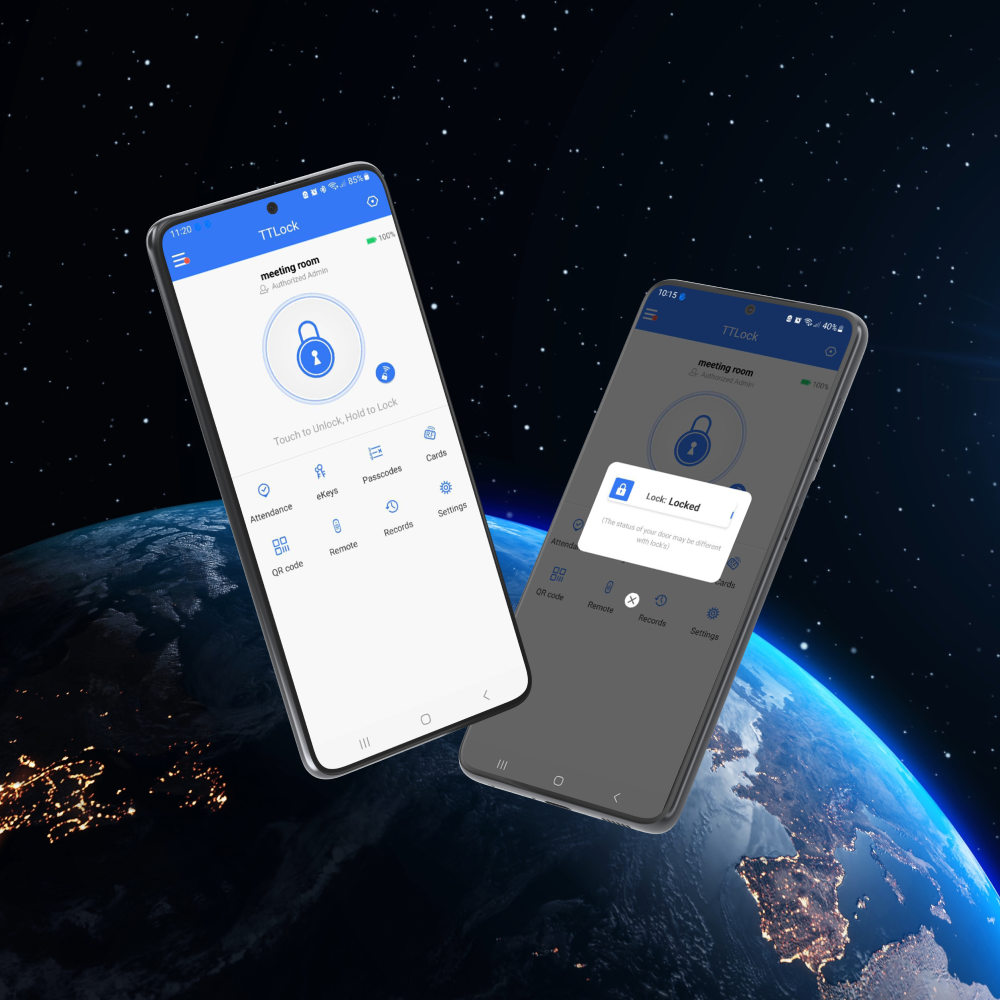Development of web systems for logistics in Python
Web systems for logistics
Logistic and transportWeb systems for logistics Logistic and transport
When talking about increasing the profitability of a business, they often think about logistics. This is an important component in companies related to the production, transportation or sale of goods, therefore, without optimizing supply chains with the help of intelligent systems, it is difficult to imagine the rapid growth of an enterprise.
Such systems allow you to quickly and accurately track the movement of goods, manage inventory in warehouses, automatically process documents and much more. Thanks to this, companies can reduce the time and costs of logistics processes and improve the quality of customer service.
What tasks do web-based logistics systems solve
FunctionalityWhat tasks do web-based logistics systems solve Functionality
Automated logistics systems for the web platform are universal solutions. They can work on any device that has a browser: on computers, laptops, smartphones and tablets, which means that they can be used not only by logisticians in the office, but also by ordinary employees who are directly involved in loading and transporting products. All this makes the processes at the enterprise controllable and manageable.
If we talk about the functionality of such systems, then it can be quite wide. It all depends on the needs of a particular business, the number of warehouses, fleet and other nuances.
Let’s take a closer look at the main features:
- Warehouse optimization. A web-based logistics system will help you make better use of warehouse space and increase its productivity. Thanks to this, the speed of acceptance and shipment of goods will increase significantly.
- Finding the best delivery method. Having received the order data, the logistics system will independently determine the most profitable delivery method for the company, taking into account the weight of the goods, the size and length of the route, which will reduce the operational burden on staff and increase the speed of order processing.
- Building routes. When it comes to transporting goods to multiple destinations, optimizing routes with intelligent systems becomes extremely important. It will increase the speed of delivery, as well as minimize the cost of fuel and car depreciation.
- Reducing bureaucracy. The logistics system will help transfer the workflow to the digital plane. This will simplify the work of the staff and strengthen the control functions.
- Cargo tracking. The intelligent system is able not only to track the location of the cargo on the map, but also makes it possible to adjust routes and delivery times, taking into account unforeseen circumstances.
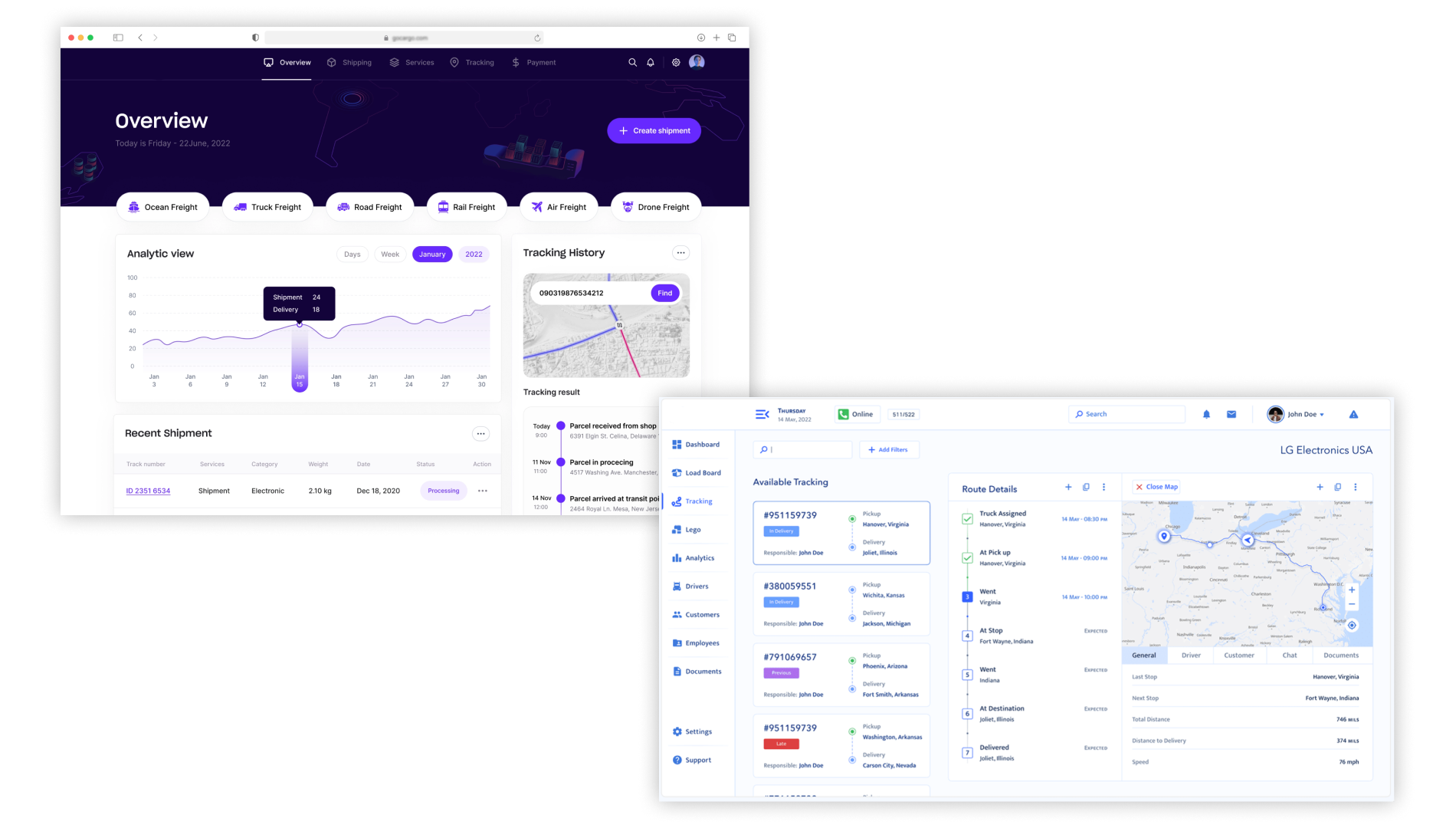
Why you should use Python for development
Benefits of PythonWhy you should use Python for development Benefits of Python
The back-end of web-based logistics systems can be developed using different technologies, but in most cases, priority is given to the Python language and its frameworks – Django / Flask.
Python has many advantages: it has a large community, it has a huge number of standard libraries, and it supports asynchrony. In addition, it directly accesses Java, C++ or C code, making it easy to integrate with any software that the company already uses in its work.
Unlike many other programming languages, Python supports several paradigms and styles, including procedural, object-oriented, and functional. At the same time, it is minimalistic and allows you to quickly release MVP for various hypotheses testing.
Another plus of Python is that it is widely used in machine learning and the development of artificial intelligence, and the use of such technologies in the logistics system will significantly expand its functionality.
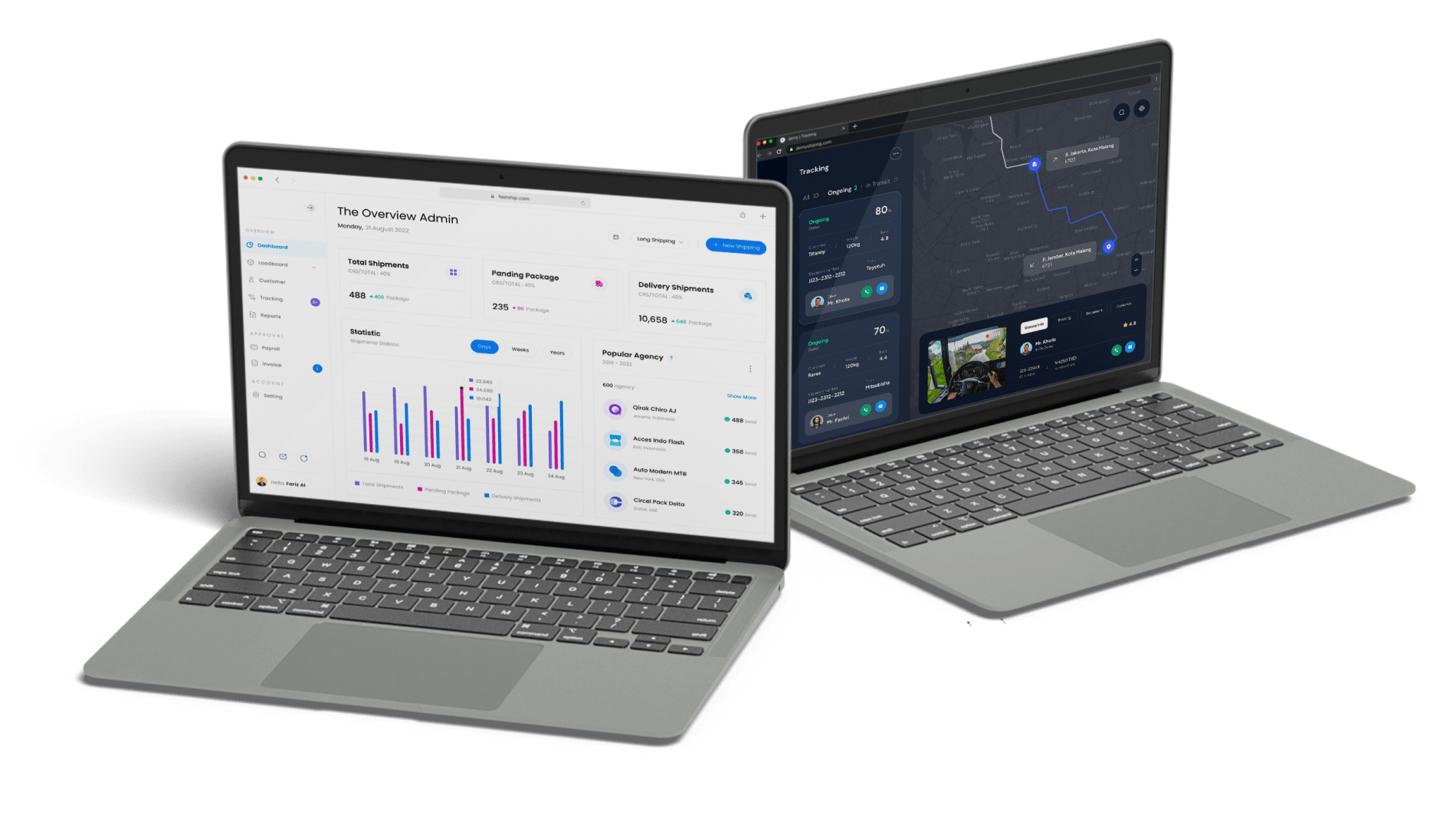
How a web-based logistics system is developed
Stages of DevelopmentHow a web-based logistics system is developed Stages of Development
The development of web-based logistics systems is carried out according to the Scrum methodology, which involves an iterative approach. This means that all work is carried out in short cycles (sprints) – up to two to four weeks, and the result of each sprint is presented to the customer.
There are also development stages, which represent the life cycle of a software product. Let’s consider the main ones.
Stage 1. Analytics and research
To create an effective logistics system, developers need to fully immerse themselves in the client’s business and study its internal processes. Therefore, the implementation of the product always begins with research.
At this stage, specialists need to understand exactly how the delivery of goods is carried out in the customer’s company, how warehouse accounting is maintained, what are the requirements and wishes for the new system, and whether the client has experience in using similar solutions.
Stage 2. Design and development of documentation
Design is a fundamental stage in the development of logistics systems, during which the architecture and functionality of the product is laid down. It helps to optimize the development process, reduces risks and reduces the time to implement quality software. During the design process, the following are created:
- Interface mockup and navigation system.
- Schematic visualization of the main modules of the project.
- Function table, which describes the logic of each function.
To improve communication with the client, at this stage, our specialists also create demonstration videos with screen capture, in which they explain in detail the features and nuances of the functional part in voice. Thanks to this approach, the customer understands how his system will work even before the start of its technical implementation.
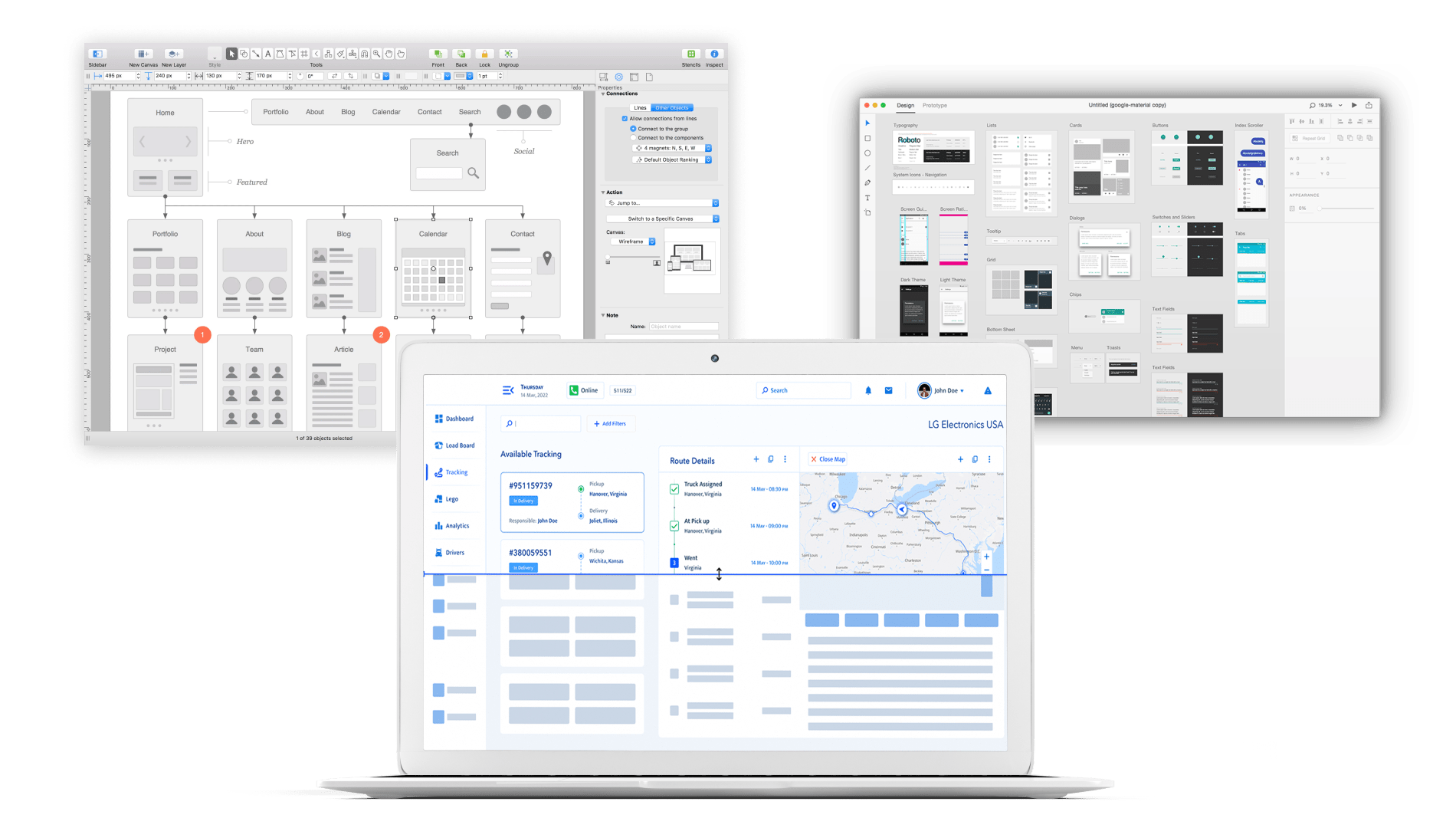
Stage 3. Design development
When creating the design of web-based logistics systems, the convenience and comfort of the interface is in the first place. This is important so that the company’s staff can easily master new software and make the minimum number of errors during work. It is also important for designers to make sure that the logistics system is displayed correctly on screens with different screen resolutions: on smartphones, PCs and tablets.
To achieve the best result, the design of such systems is most often developed individually, taking into account the functionality and features of using the product.
Stage 4. Programming
The technical development of web-based logistics systems consists of two parts:
- Frontend. The frontend refers to the implementation of the user part of the interface. This includes layout, creation of animations, event handlers and other tools that make the work convenient and efficient. Static technologies such as HTML/CSS/JavaScript or reactive technologies such as Vue.js/React.js can be used to implement this part. The use of frameworks makes the product more productive, so they are often a higher priority.
- Backend. The backend is responsible for storing and processing data. This part of the logistics system is implemented in Python or its Django/Flask frameworks. When developing a backend, programmers create databases, write functional code, set up servers, and integrate the product with external services via APIs.
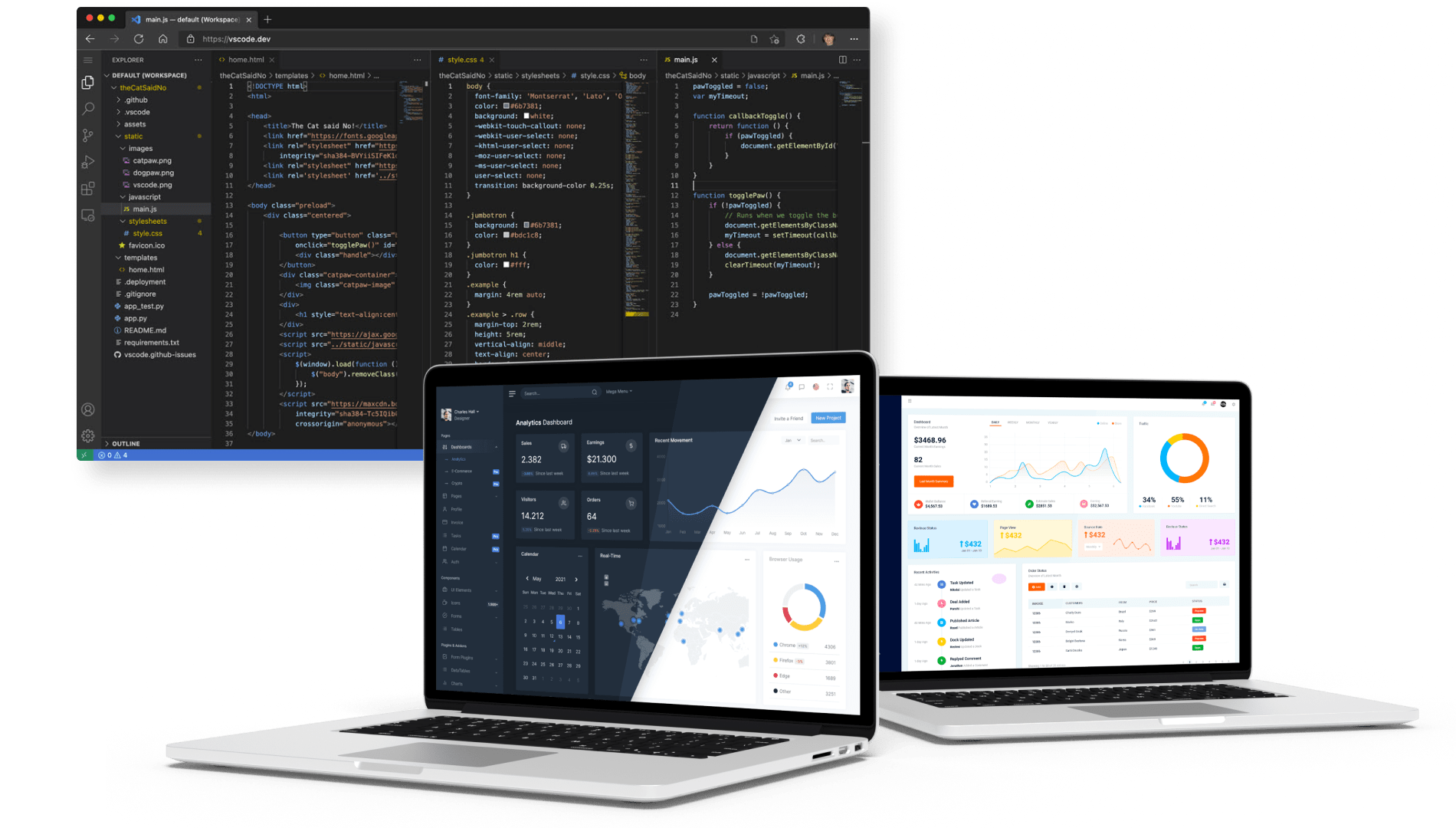
Stage 5. Testing
Testing is another important stage in the development of web-based logistics systems, where QA engineers check the code for errors and, if problems are found, control their elimination.
Stage 6. Technical support and development
Even when the system is developed, tested and released, the technical work on it does not end. There are several reasons for this.
Firstly, after starting to use the product in real conditions, for some time users may encounter various unforeseen errors, and in order to quickly fix them, the project is transferred to technical support.
Secondly, the business is constantly evolving, and over time, it may need additional functionality. As a rule, it does not make sense to invest in a new logistics system for this. Instead, patches are created with the necessary updates, which are simply installed in a working environment and expand the capabilities of the product.
Development of logistics systems in Python in AVADA MEDIA
Development of logistics systems in Python in AVADA MEDIA
Optimizing logistics with the help of intelligent systems will help your company improve the quality of services provided, reduce costs and minimize the risks associated with the transportation of goods. As a result, you will receive optimal conditions for developing your business and increasing its profitability.
At first glance, the investment in developing our own logistics system may seem quite large.
However, as practice shows, they pay off in the medium term.
AVADA MEDIA has extensive experience in creating such systems. In our work, we can use not only the Python programming language, but also other innovative technologies – the stack, as a rule, is selected in accordance with the features and priorities of each individual project.
Fresh works
We create space projectsFresh works
The best confirmation of our qualifications and professionalism are the stories of the success of our clients and the differences in their business before and after working with us.
Our clients
What they say about usOur clients What they say about us
Successful projects are created only by the team
Our teamSuccessful projects
are created only by the team Our team












Contact the experts
Have a question?Contact the experts Have a question?
-
Phone:+ 38 (097) 036 29 32
-
E-mail:info@avada-media.com.ua

